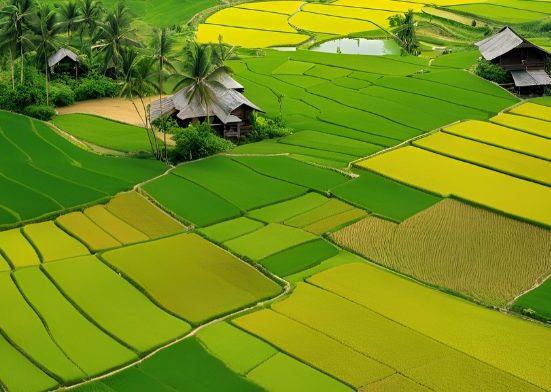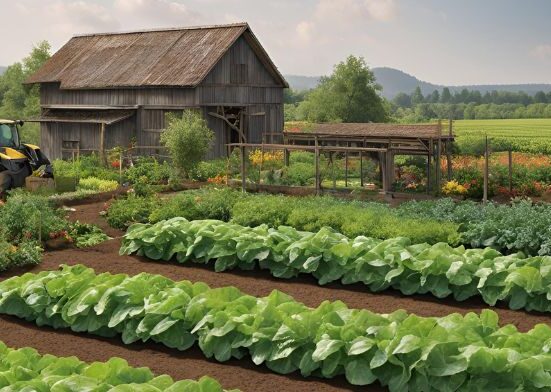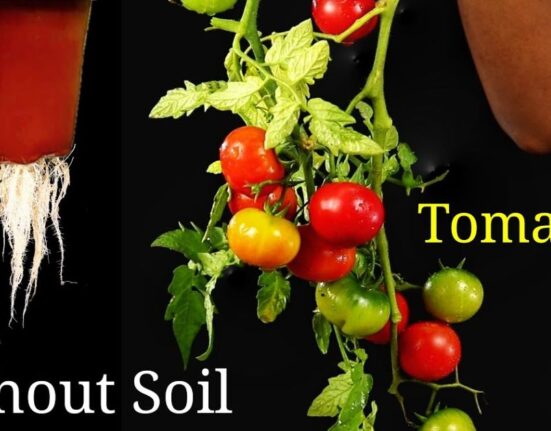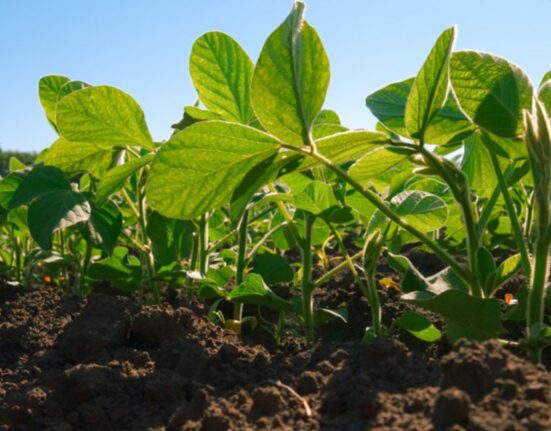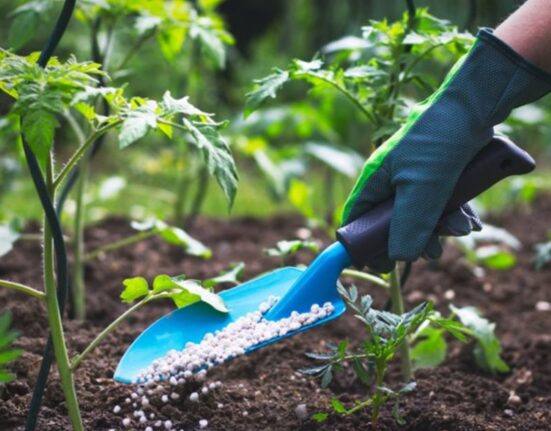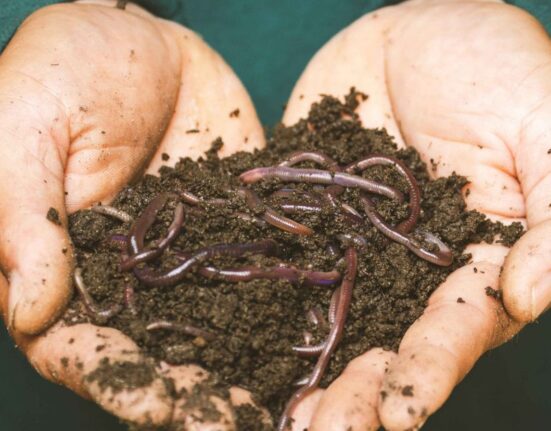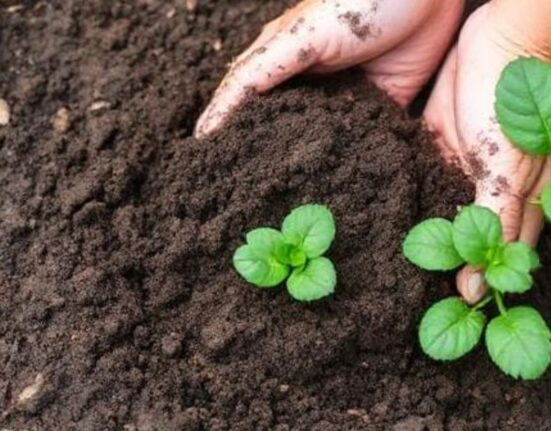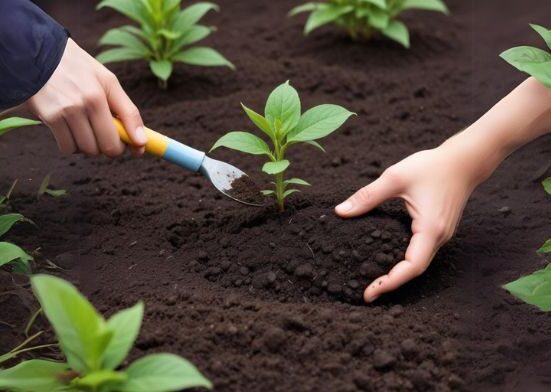Soil
Agriculture Soil: Foundation of Sustainable Farming
Agriculture soil is the cornerstone of productive and sustainable farming practices. It serves as the vital medium that provides essential nutrients, water, and support for plant growth. Soil health is crucial for maintaining crop yields, ensuring food security, and promoting environmental sustainability.
Rich in organic matter, agricultural soil supports a diverse ecosystem of microorganisms that aid in breaking down nutrients for plant uptake. Properly managed soils help reduce the need for chemical fertilizers and pesticides, contributing to healthier crops and reduced environmental impact. Soil types can vary significantly, from loamy and sandy to clay and silt-based soils, each offering unique benefits depending on the crop grown.
Understanding soil composition, pH levels, and drainage capabilities is critical for farmers aiming to maximize agricultural productivity. Practices like crop rotation, cover cropping, and organic composting are essential for maintaining soil fertility and structure over time. Additionally, modern technology in soil testing allows farmers to optimize land use, leading to more efficient and sustainable farming methods.
In summary, agricultural soil is a key element in sustainable farming, fostering healthy crops and supporting the global food system.



